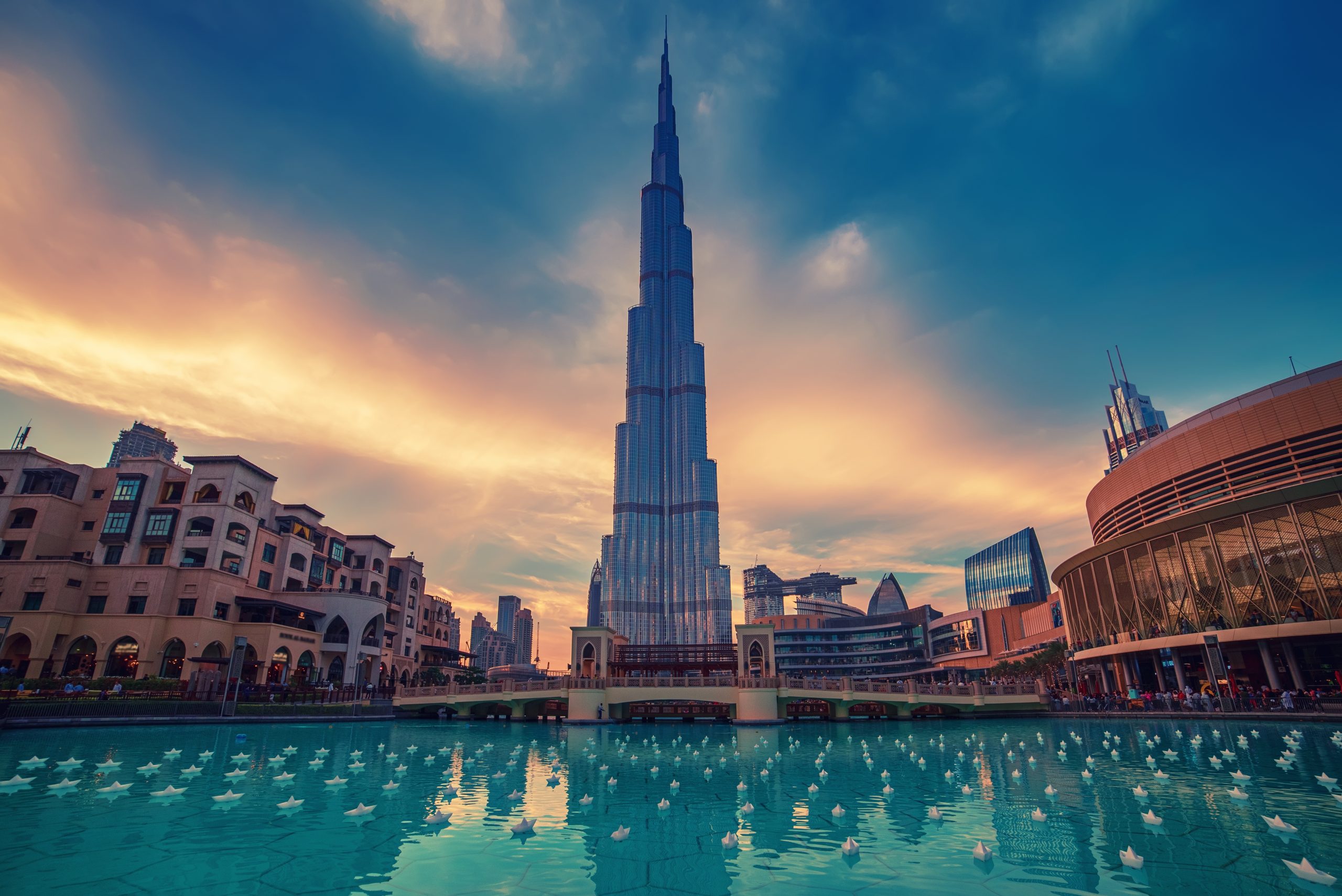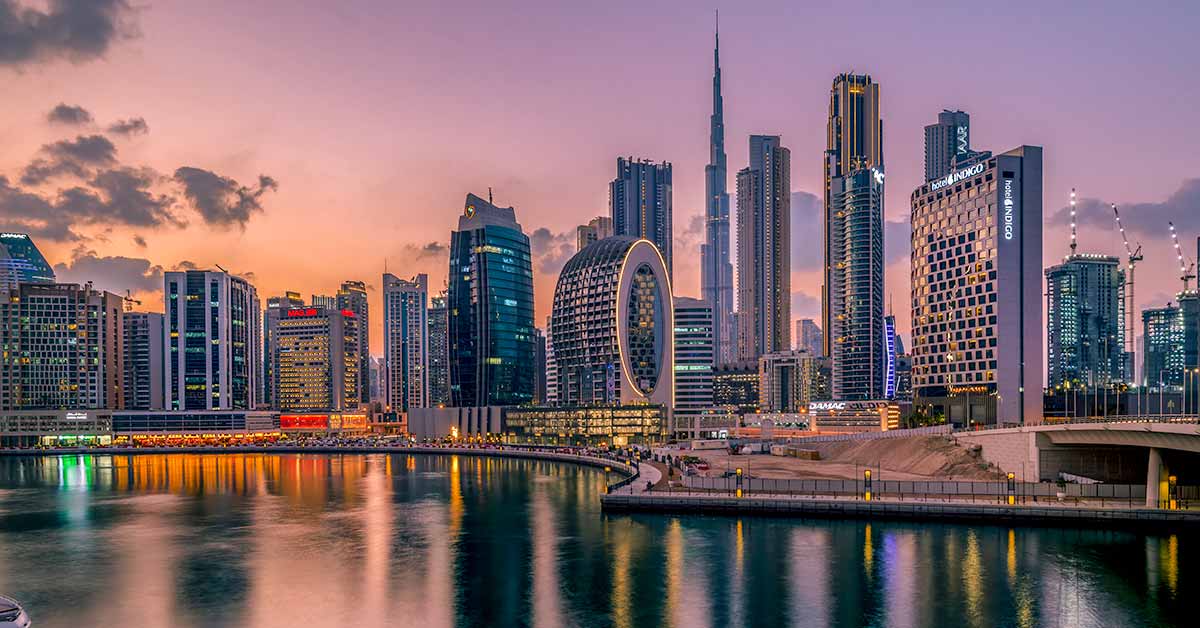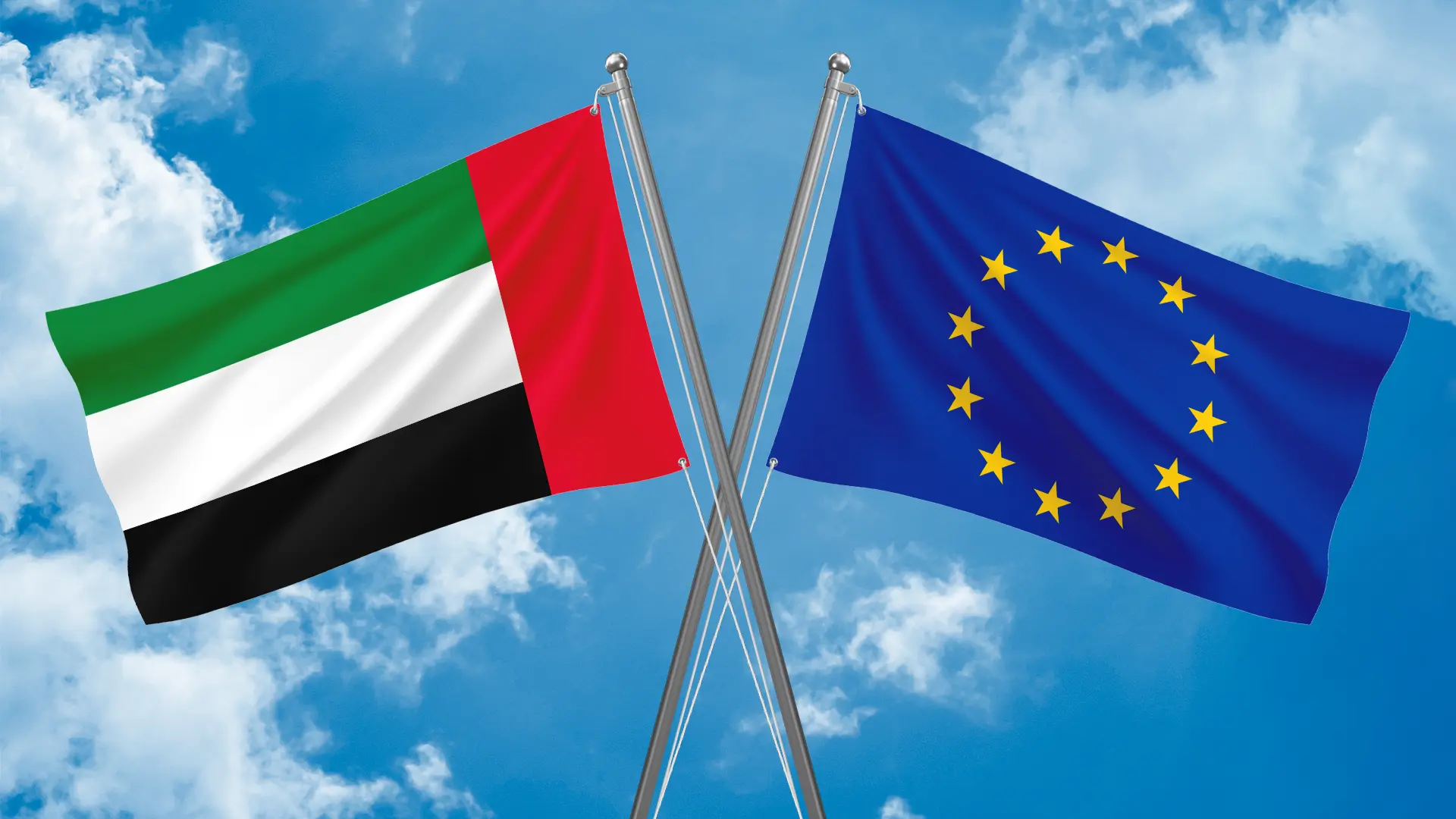Dubai’s new chapter: low taxes and big ambitions
Once known for its tax-free allure and rapid growth, Dubai is now redefining itself as a global powerhouse where ambition meets accountability. With the introduction of corporate tax, its removal from the EU grey list, and a sweeping embrace of blockchain, crypto, and autonomous innovation from self-driving cars to flying taxis, Dubai isn’t just keeping pace with the future; it’s building it.


Once viewed as a glittering outpost of tax-free ambition, UAE is now something else entirely: a high-tech, low-tax, globally compliant engine of the future. It still dazzles with its skyline and tax incentives, but it now speaks the language of fiscal credibility, decentralized finance, AI-driven regulation, and, yes: flying taxis.
Now, it is writing a new chapter that retains the incentives but speaks a different language: that of global compliance, fiscal transparency, and strategic reform. The shift became undeniable in June 2023, when the United Arab Emirates introduced a federal corporate tax law for the first time in its history. At just 9 percent on business profits exceeding AED 375,000 (roughly US$102,000) the rate is among the most competitive globally. Below that income threshold, the corporate tax rate remains zero, giving early-stage companies, startups, and small entrepreneurs ample room to grow before taxation kicks in. But this isn’t just a tax story; it’s a story of maturity.
Dubai, and by extension the UAE, has graduated into the league of nations embracing global standards without compromising its identity as a magnet for capital. Alongside the corporate tax came new rules requiring businesses to register with the Federal Tax Authority, maintain proper books of account, and adhere to new filing timelines.
Multinationals were also put on notice. Companies with global revenues exceeding €750 million became subject to a 15 percent minimum effective tax under the OECD’s Pillar Two initiative. This move effectively aligned the UAE with a new international consensus that tax transparency is no longer optional. Yet even with these changes, the country has succeeded in preserving its allure. Few places in the world allow for 100 percent foreign ownership, unrestricted profit repatriation, and tax-exempt status for qualifying income within its many Free Zones.
The Free Zones, once synonymous with blanket tax relief, now operate under a more nuanced framework. Businesses can still benefit from a 0 percent corporate tax rate, but only if they engage in approved “qualifying activities,” maintain real substance on the ground, and steer clear of mainland operations that fall outside the exemption criteria. The days of passive, offshore-style entities reaping Dubai’s tax advantages are effectively over. Now, substance matters. Substance earns trust.
This evolution didn’t happen in a vacuum. On July 9, 2025, the European Union removed the UAE from its so-called “grey list” of jurisdictions under increased monitoring for anti-money laundering and counter-terrorist financing deficiencies. The significance of this development cannot be overstated. Since being placed on the grey list in 2022, the UAE’s financial ecosystem had endured heightened scrutiny, slower transaction times, and investor hesitation, especially from Europe. Delisting means more than reputational redemption; it is an official seal of compliance from one of the world’s most rigorous regulatory blocs. It signals to global banks, institutional investors, and cautious multinationals that Dubai is not just open for business: it is safe for business.
For startups, this changing environment might seem like a tradeoff giving up the “no-tax” fantasy for a more conventional compliance landscape. But in practice, the new rules work in their favor. With a 0 percent rate below AED 375,000 in profits, a small business can still scale comfortably. And unlike many Western jurisdictions, UAE imposes no personal income tax, no capital gains tax, no wealth tax, and no inheritance tax. Founders keep what they earn, investors repatriate what they build.
For foreign investors, especially those based in Europe, the timing couldn’t be better. The end of the grey listing eliminates many of the compliance burdens previously associated with investing in the UAE. It opens new doors for cross-border structuring, venture capital deployment, and multinational partnerships. Legal friction has been replaced by institutional confidence. For investors eyeing the Middle East, Dubai just became not only the obvious choice, but the preferred one.
For individuals, particularly high-net-worth expatriates and remote workers seeking tax efficiency without sacrificing lifestyle, the UAE remains a haven. Golden visas offer ten-year renewable residency; there’s no estate tax to worry about; and with more than 60 Free Zones, each tailored to different industries, professionals have the freedom to choose an ecosystem that suits their ambitions.
But Dubai didn’t stop at cleanup. While much of the world is still negotiating digital transformation, the emirate is sprinting through it. This city-state of contradictions translating from bedouin past to space-age present, is quickly becoming the epicenter of a decentralized future. Web3 startups are thriving in special zones that recognize crypto as both a tool and a currency. VARA (the Virtual Assets Regulatory Authority) has issued licensing frameworks for exchanges, wallets, and DeFi platforms. You can now own an NFT-linked apartment, tokenize an artwork, fill your gas tank or pay for luxury goods in crypto across dozens of vendors.
Even the banks are adapting. Legacy institutions are being quietly retrofitted for blockchain interoperability. Major real estate developers are accepting digital assets for off-plan properties. Regulators, once hesitant, are now building the rails. Dubai isn’t just crypto-friendly, it’s architecting the rules of tomorrow’s financial infrastructure.
And while the financial world recalibrates, the physical one is catching up. Autonomous vehicles are no longer a Silicon Valley beta-test; they’re street legal in Dubai. While still testing, you may see a Tesla navigating the lanes of Jumeirah without a driver or a delivery robot gliding through a pedestrian zone in Dubai Marina. These aren’t gimmicks. They’re government-backed initiatives.
By 2026, flying taxis: electric vertical takeoff and landing aircraft will become a commercial reality here. The Roads and Transport Authority has already tested routes, selected take-off hubs, and are licensing air mobility partners. For residents and business travelers, beating traffic might soon mean soaring above it. The ambition isn’t just aerial it’s orbital! The UAE Space Agency has moonshot goals that align neatly with Dubai’s own grounded, day-to-day engineering of the future.
Where once the sky was the limit, now even the sky is just the beginning. Its business story is no longer defined by what you leave behind, but by how far you’re willing to go. In this city, there are no limits, only momentum!
Contact us for a free consultation
Get expert advice and tailored solutions from industry leaders.



